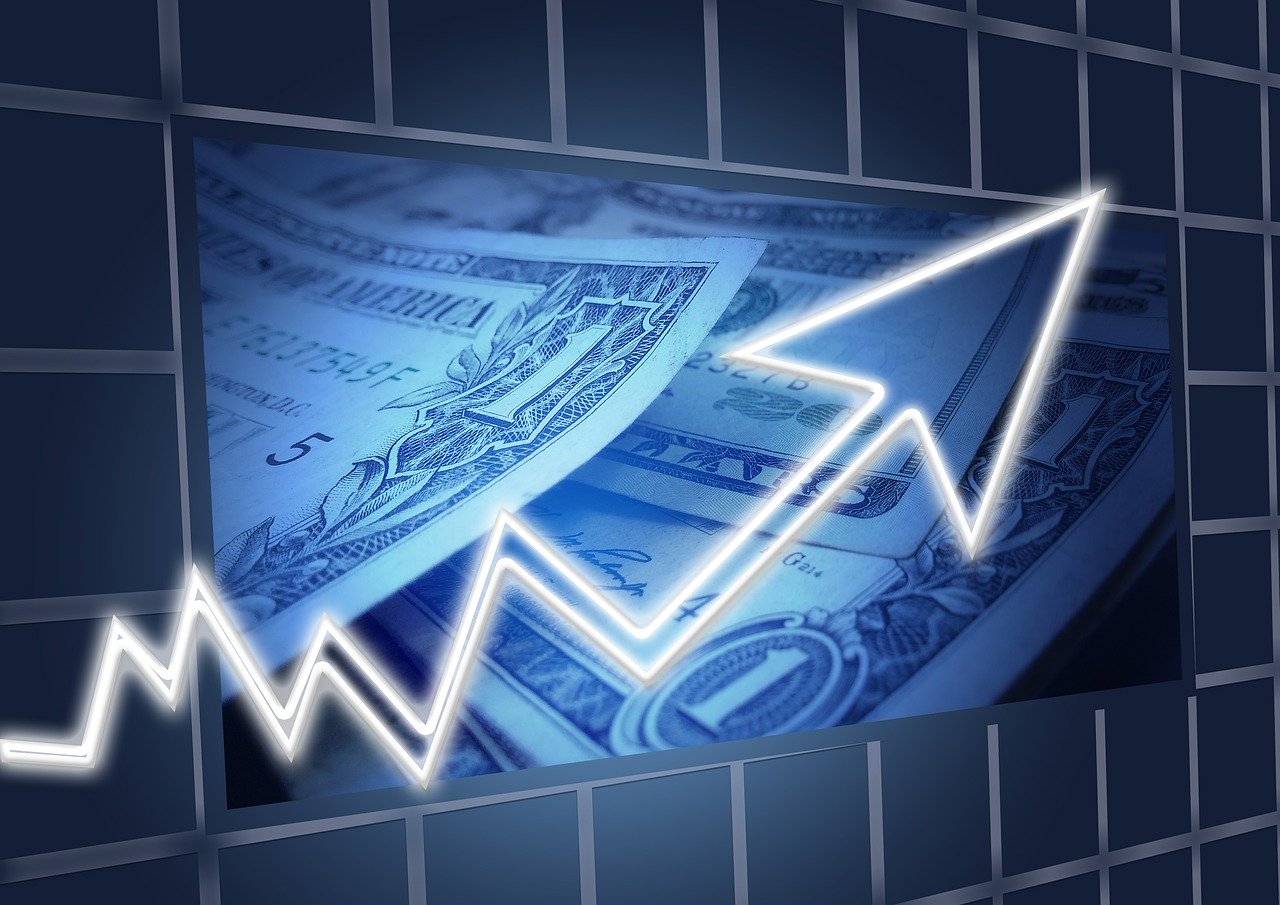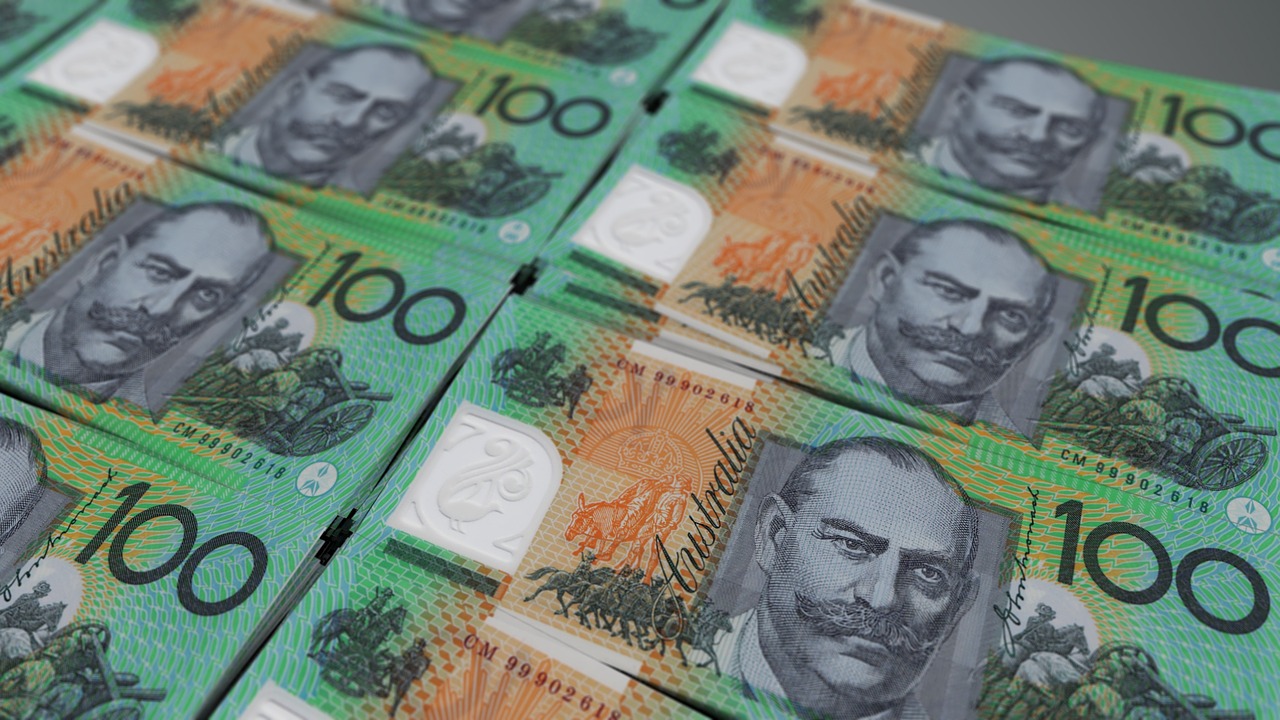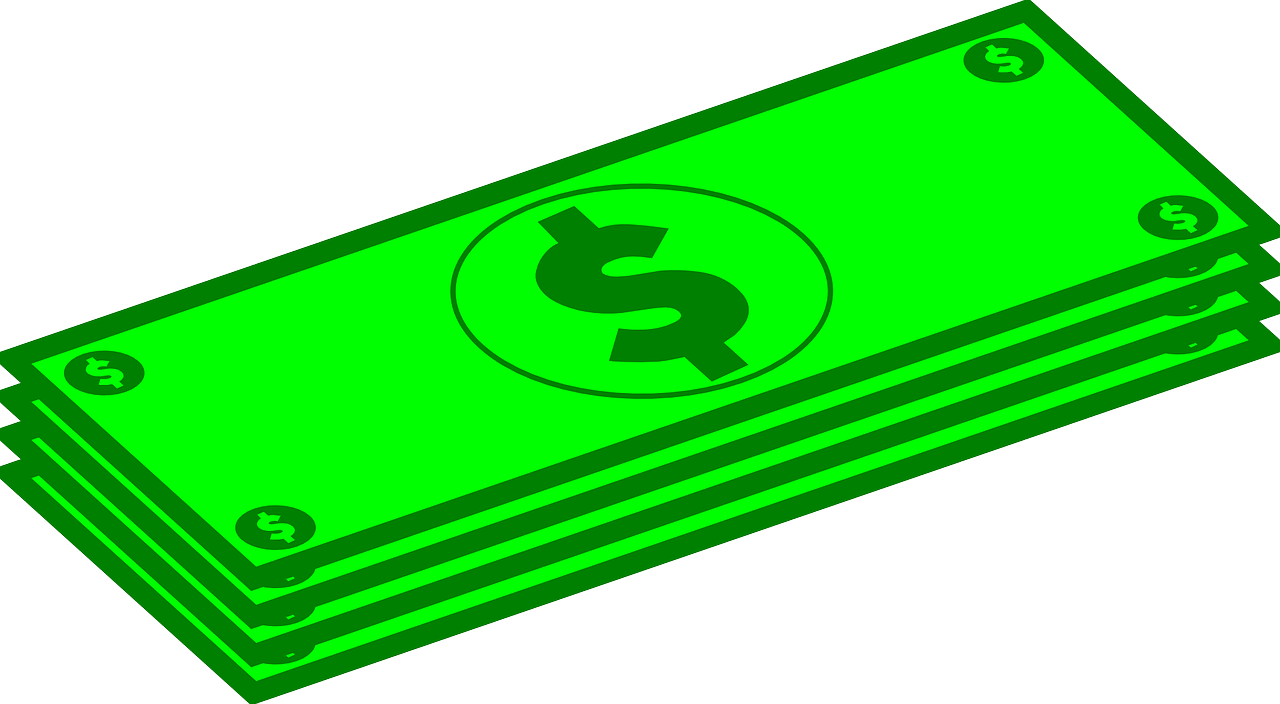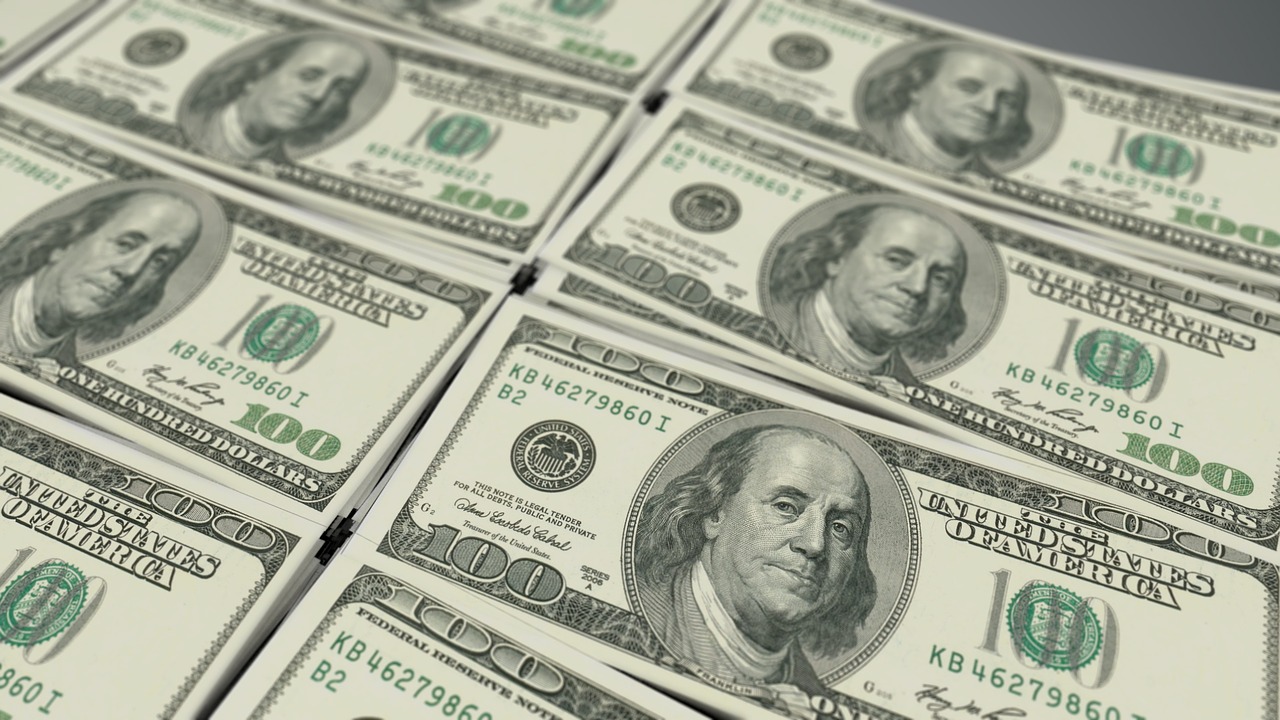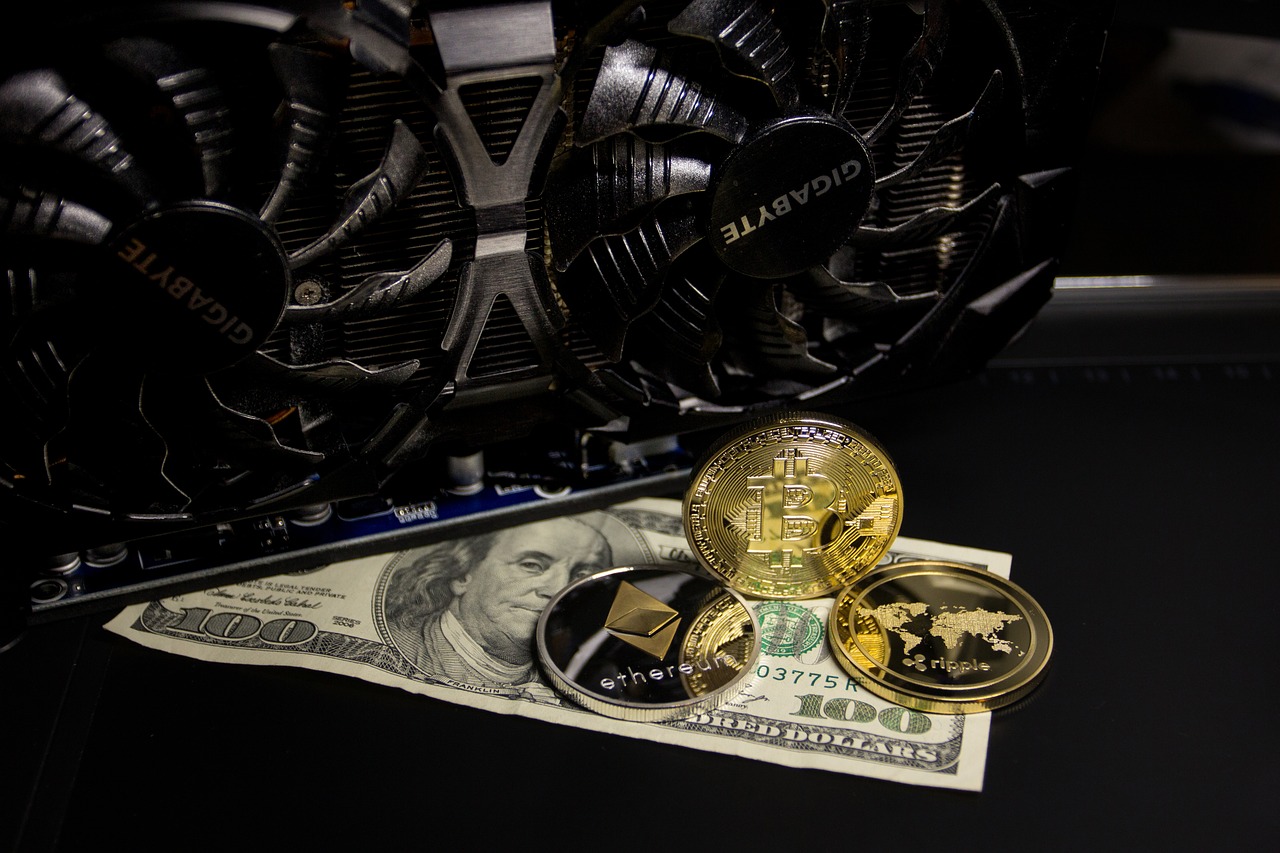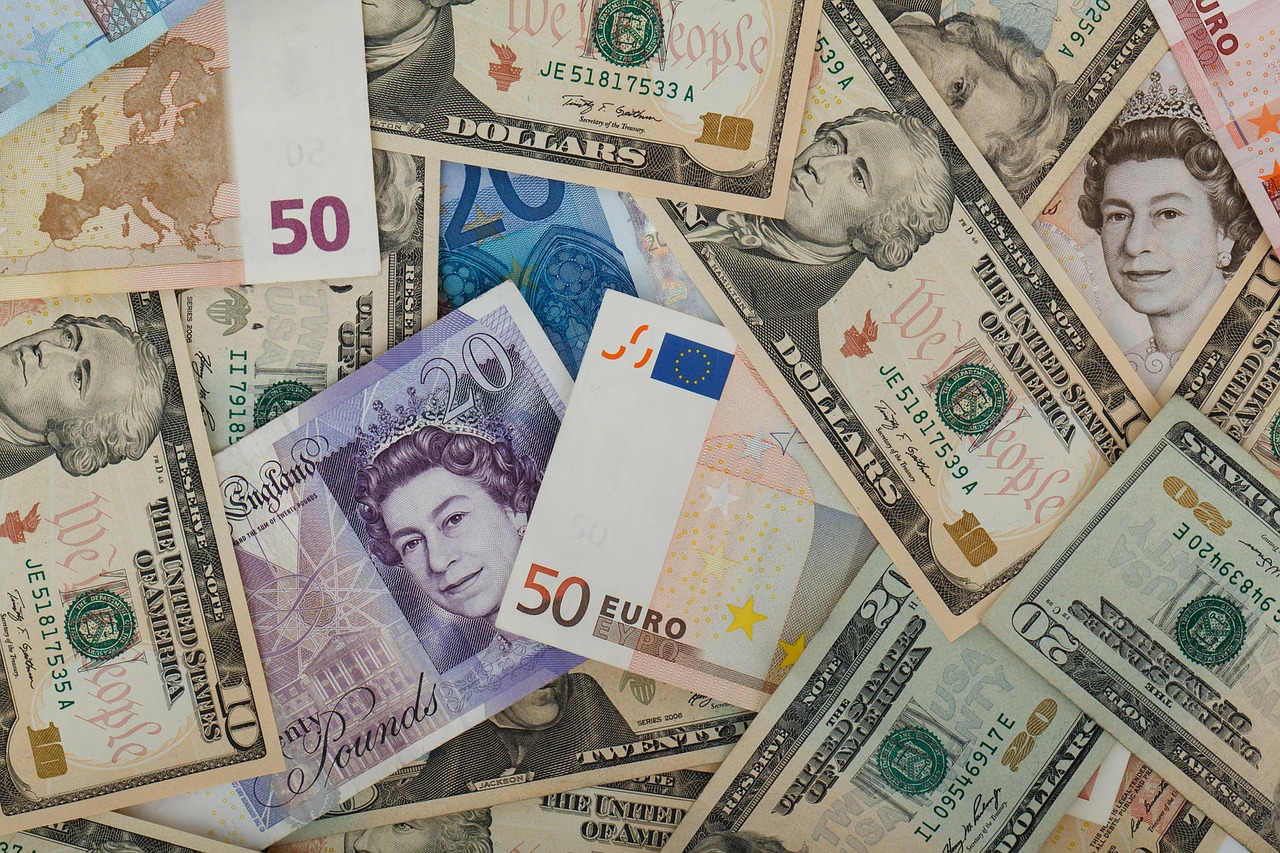Economists Warn Dollar Crash and Recession Odds Above 50%
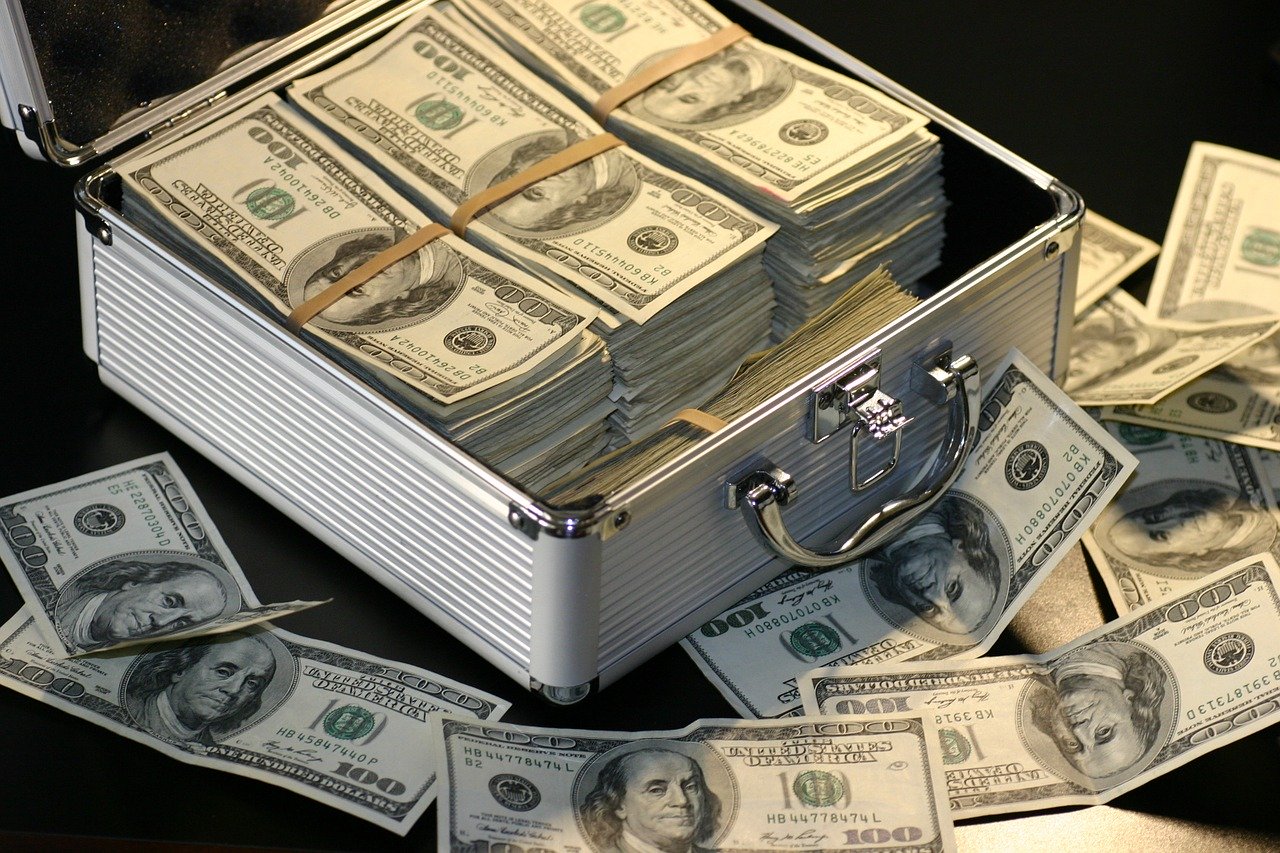
In the recent news, one of the very prominent economic figures, Stephen Roach, has warned the U.S. Government as well as the U.S. stock markets that the dollar will be facing a brutal time in the coming year. Stephen Roach, who is a senior member of the Yale University has predicted that apart from the increasing odds of a double-dip recession in the U.S. if the worth of the U.S. Dollar crashing down would no longer be a surprise for the U.S. Economy and the rest of the world.
Roach backed his predictions with data that he was able to collect and analyze from the current accounts and saving account mechanisms that have appeared in a much more realistic manner.
In his interview with CNBC, Roach stated that the broadest measurement of the United States of America’s financial imbalance versus the entire world, which is known as ‘current account deficit’ has suffered the severest fall in the second quarter of the current year. He also stated that the records show that the net-national savings rate that is the depiction of the sum of the savings of businesses, government sectors, and individuals, have also seen a great decline in the same second quarter of the year and to some extent, have even observed negative figures, which has happened for the first time since the global financial crisis.
So far, Roach’s predictions seem to have been materializing as when he made this statement during an interview with CNBC, the U.S dollar index was trading at around 96 when he said that the USD Index would around 35% dip and now the USD index is indeed at 94. Although Road had predicted for this fall to take place in the next two years, but based on the fast occurring changes and dips in the USD index, he has now predicted that it would be the end of 2021 when the dollar will suffer the greatest dip of all times.
He mentioned that at present, due to the decline in the savings and the country’s struggle to grow this figure, a country resorts to run the account deficits into borrowing surplus saving, which always has a negative impact on the country’s currency and pushes its value lower.



